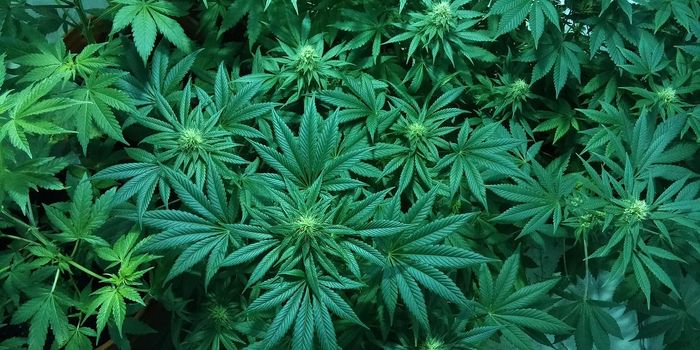Small wildfires boost native bee populations
A study from the University of California Riverside suggests that native bee species may thrive from the environmental effects of small wildfires. The study was led by entomologist Lauren Ponisio from UC Riverside and published in the journal Ecology and Evolution.
Framing the larger contextual concern, Ponisio explains that most flowering plant farms use honeybees to pollinate their crops. Honeybees are a non-native species originally from Europe, but as you have likely heard, these bees are struggling.
"The non-native honeybees currently used for crops are having problems, and we're in trouble if native bees can't replace or supplement them on our farms," Ponisio said. "Relying on one species of bee to pollinate all our crops is unsustainable."
A better method would be to rely on native bees, of which there are thousands of species. And Ponisio’s research shows that these native species are more resilient to harsh climate events, like small wildfires and drought.
In the study, Ponisio writes that “Pyrodiversity supported flexible behaviors that enable populations to resist perturbations. Specifically, pollinators that can shift partners and network niches are better able to take advantage of the heterogeneity generated by pyrodiversity, thereby buffering pollinator populations against changes in plant abundances. These findings suggest that pyrodiversity is unlikely to improve community‐level resistance to droughts, but instead promotes population resistance and community functionality.”
To come to these conclusions, the research team sampled bees in 2013 and 2014, a period of severe drought in California, in Yosemite National Park. They wanted to compare bees from areas where fires are allowed to burn with bees from areas where they aren't.
Ponisio found that in the areas where natural fires had resulted in a diversity of habitats, bees discovered alternative flower species so that their populations did not fall as much as when the same species were in areas without a diversity of natural fires.
While populations of native bees that support agriculture are declining, this study suggests that one way of supporting native bees is to allow mixed-severity burns that eventually boost native plants and provide native species with new resources for pollen. This study urges land managers to reconsider fire management policies for this reason.
Sources: Ecology and Evolution, Eureka Alert








